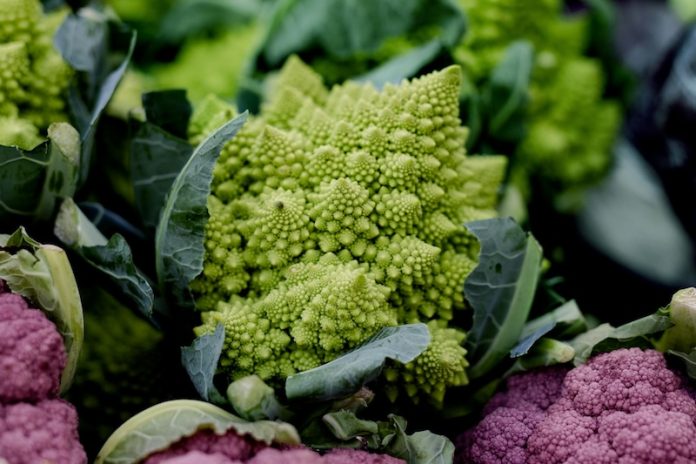
If you have chronic kidney disease (CKD), what you eat can have a big impact on your health.
Your kidneys are responsible for filtering waste and extra fluid from your blood, but when they aren’t working well, certain substances, including potassium, can build up to dangerous levels.
Here’s why you need to be mindful of potassium and which foods to avoid to keep your kidneys as healthy as possible.
Potassium is a mineral that helps your muscles work, including the muscles that control your heartbeat. Normally, your kidneys keep the right balance of potassium in your body.
However, with CKD, your kidneys can’t filter out extra potassium effectively. High levels of potassium, known as hyperkalemia, can cause serious problems like irregular heartbeats or even a heart attack.
Research has shown that people with CKD need to be especially careful about their potassium intake. A study published in the Clinical Journal of the American Society of Nephrology found that high potassium levels are common in people with CKD and can lead to worse health outcomes.
Another study in the Journal of Renal Nutrition emphasized that managing potassium levels through diet is crucial for people with kidney disease.
So, what does this mean for your diet? Many healthy foods are high in potassium, so it’s important to know which ones to limit or avoid. Some high-potassium foods to watch out for include:
- Bananas: While they are nutritious, bananas are also very high in potassium. Even one medium banana can have over 400 milligrams of potassium.
- Oranges and Orange Juice: These are also rich in potassium. A single orange can have about 240 milligrams of potassium, and a cup of orange juice can have even more.
- Potatoes: Both white and sweet potatoes are high in potassium. Boiling them can reduce their potassium content, but it’s still better to consume them in moderation.
- Tomatoes and Tomato Products: Fresh tomatoes, tomato sauce, and tomato juice are high in potassium. A cup of tomato juice can contain over 600 milligrams of potassium.
- Avocados: These are trendy and healthy fats, but a whole avocado can have almost 1,000 milligrams of potassium.
- Dairy Products: Milk, yogurt, and cheese also contain high levels of potassium. It’s important to choose low-potassium alternatives or limit portion sizes.
- Nuts and Seeds: These are good sources of protein and healthy fats but also contain a lot of potassium.
- Beans and Legumes: While they are great sources of protein and fiber, beans and legumes are high in potassium, too.
Managing your potassium intake doesn’t mean you have to miss out on all the foods you love. There are several strategies to help you enjoy a balanced diet while keeping your potassium levels in check. For instance, you can:
- Choose Lower-Potassium Alternatives: Instead of high-potassium fruits like bananas and oranges, opt for apples, berries, and grapes, which have lower potassium content.
- Modify Cooking Methods: Boiling vegetables and discarding the water can help reduce their potassium content. This works well for potatoes and other root vegetables.
- Read Labels: Be cautious with processed foods, as they can have hidden sources of potassium. Always check the nutrition labels for potassium content.
- Consult a Dietitian: A dietitian who specializes in kidney disease can help you create a personalized eating plan that meets your nutritional needs while keeping potassium levels in check.
It’s also essential to stay in regular contact with your healthcare provider. They may recommend regular blood tests to monitor your potassium levels and adjust your diet or medications as needed.
In summary, managing potassium intake is vital for people with chronic kidney disease. By being mindful of high-potassium foods and making smart dietary choices, you can help protect your kidneys and maintain better overall health. Remember, a balanced diet and regular medical check-ups are key to living well with CKD.
Follow us on Twitter for more articles about this topic.
Copyright © 2024 Scientific Diet. All rights reserved.





